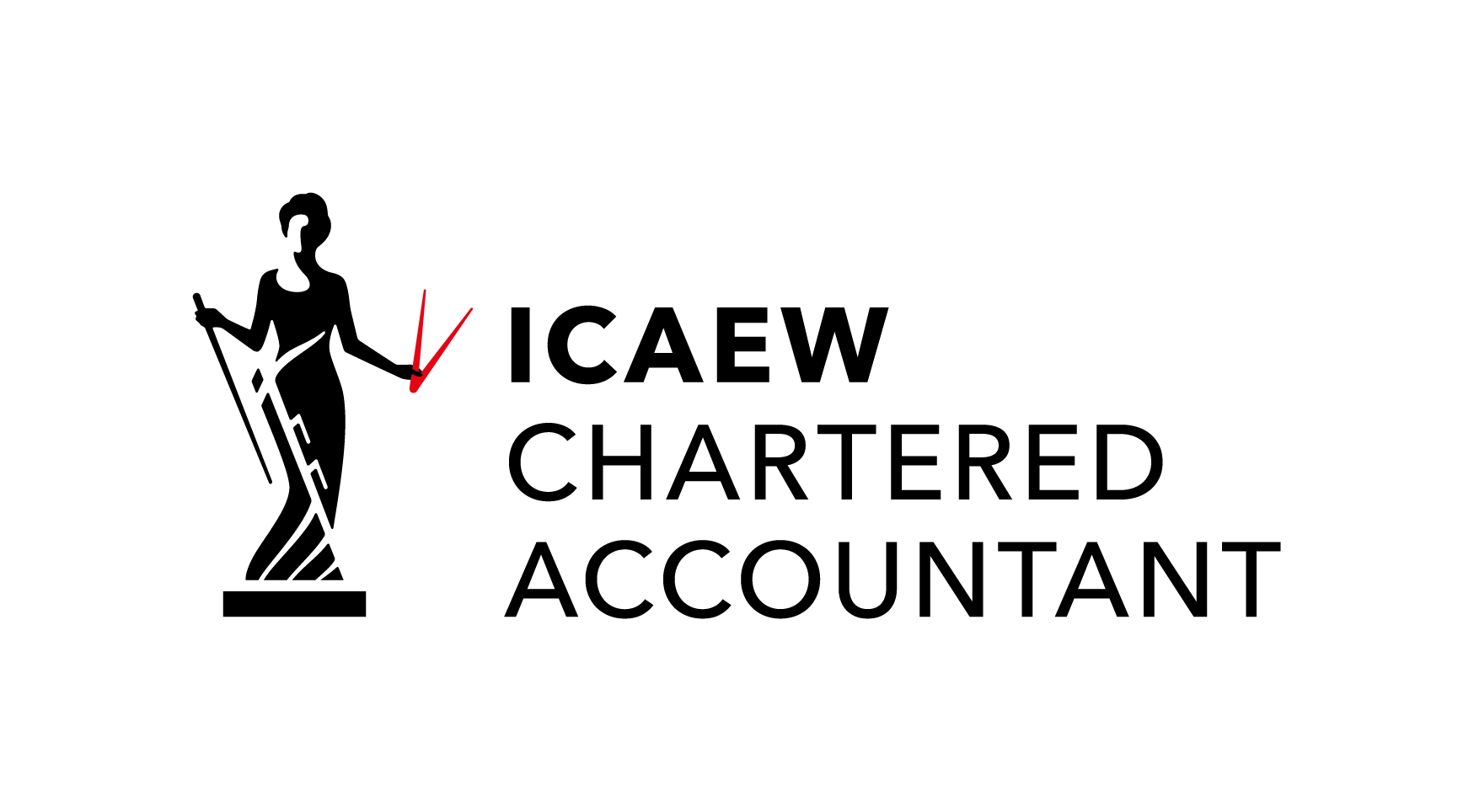Nepal has announced its third investment summit in April. How is the KPMG supporting this initiative?
KPMG in India has a track record of supporting government agencies in India on investment promotion programmes, business reforms and investment summits. Last month, a workshop on ‘Unlocking Nepal’s Investment Potential’ was organised by the KPMG in India, along with the Investment Board Nepal in Kathmandu. This was a precursor to the proposed summit in April. The focus was on promoting private investments, particularly foreign direct investment (FDI), to unlock the country’s full potential. The government’s efforts in reviewing policies for a favourable investment climate, along with subsequent pre-events and follow-ups, aim to attract investors for Nepal’s sustainable growth. We will be happy to advise the government of Nepal for the Nepal Investment Summit.
The summit is being organised at a time when the country faces an economic slowdown, rising unemployment and political instability. What kind of strategies should Nepal adopt to attract investors?
To foster economic expansion and enhance investment potential in Nepal, a comprehensive strategy should focus on strengthening the policy environment, infrastructure development, regulatory reforms, ensuring ease of doing business, and targeted sector-specific investment promotion. Strengthening key sectors like tourism, technology, renewable energy, green hydrogen, and manufacturing can also play a pivotal role in attracting investors and fostering sustainable economic growth. Additionally, building a business-friendly environment, easing process friction, and encouraging innovation will further contribute to creating an attractive investment climate in Nepal.
What are the areas of investment in Nepal that Indian investors are currently looking for? What is the perception of Indian investors towards Nepal? What kind of environment and policies are they looking for?
There are several areas where India could increase investment in Nepal, particularly in areas of synergies and leveraging learnings from each other in ease of doing business (EODB), managing large programmes, and infrastructural development through public-private partnerships. By fostering collaboration in key sectors such as renewable energy, green hydrogen, manufacturing, digital public infrastructure, technology centres, agriculture, and tourism infrastructure and services, both nations could drive mutual growth and development
(Source- The Kathmandu Post, published initially on 13 March 2024)


